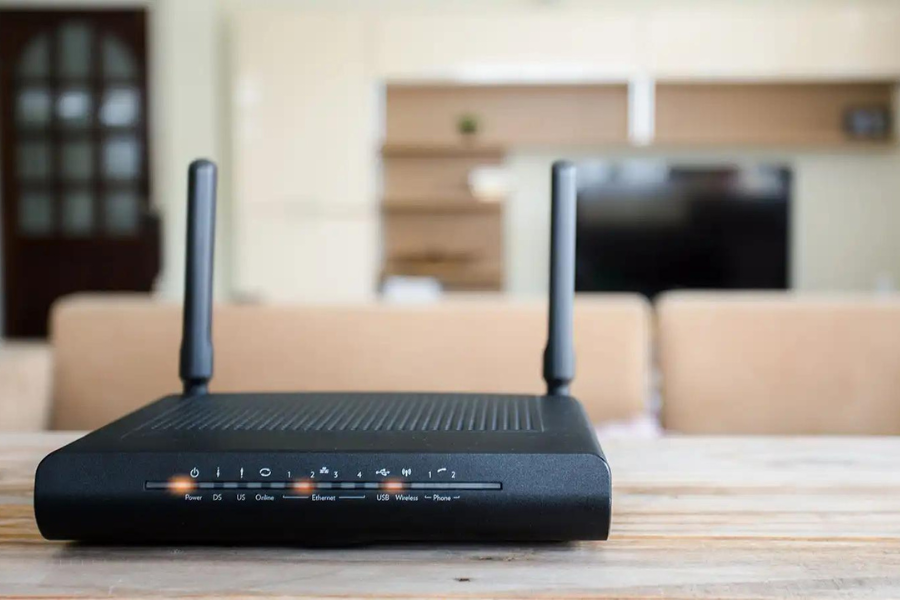Choosing the right internet solution for your needs is crucial in a world fueled by constant connectivity. Wired broadband relies on physical cables for a reliable connection, making it popular for businesses with high data transfer demands. In contrast, Fixed Wireless Business Internet Providers use radio signals, eliminating the need for physical cables and offering greater deployment flexibility. In this blog, we’ll discover the most prominent and compelling differences between wired broadband and fixed wireless business internet providers in Detroit.
Key Difference of Wired Broadband And Fixed Wireless Business Internet Providers
Whether prioritizing flexibility, speed, or reliability, both technologies provide diverse connectivity solutions in our interconnected world. Some of the key differences are mentioned below:
Infrastructure & Technology
Wired broadband relies on physical cables, such as fiber optic, DSL (Digital Subscriber Line), or cable, to connect the business and the service provider’s network infrastructure. The physical infrastructure ensures a reliable and consistent connection, making wired broadband a popular choice for businesses with high data transfer demands.
On the other hand, Fixed Wireless Business Internet Providers utilize radio signals to transmit data between a fixed point, typically a base station or tower, and a receiver installed at the business location. This wireless approach eliminates the need for physical cables, offering businesses greater flexibility in deployment and scalability.
Speed & Bandwidth
Wired broadband, especially through fiber optic connections, provides higher and more consistent speeds compared to fixed wireless. The dedicated physical cables ensure minimal signal loss, delivering reliable and high-speed internet access. This makes wired broadband an ideal choice for businesses requiring substantial bandwidth for data-intensive applications and seamless connectivity. While fixed wireless technology has made significant advancements, the speed and bandwidth may be influenced by factors such as the distance between the business and the base station, interference, and local terrain.
Choosing the Right Option
Selecting between Fixed Wireless Access and Wired Broadband depends on various factors, including your location, bandwidth requirements, and preferences. The Benefits of Fixed Wireless Internet become particularly evident in situations where quick deployment and flexibility are essential. Fixed wireless access connectivity offers these advantages, making it an excellent choice for areas with challenging infrastructure development. On the other hand, wired broadband provides consistent high speeds and reliability, making it an ideal solution for users with demanding connectivity needs.
Conclusion
As we wrap up, understanding the differences between fixed wireless access and wired broadband allows users to make informed decisions based on their unique requirements. If you’re looking for reliable and trusted fixed wireless business internet service providers in Detroit, choose none other than the leading choice, Cronus.
Frequently Asked Questions
What Is The Difference Between Wired and Wireless Broadband?
Wired broadband utilizes physical cables, such as fiber optics or DSL lines, for data transmission, offering stability and reliability. Wireless broadband, on the other hand, relies on radio waves or satellite signals for connectivity, providing flexibility and mobility.
Difference Between Fixed-Line and Wireless Broadband?
Fixed-line broadband refers to internet connections using physical cables like fiber optics or traditional phone lines. Wireless broadband, on the contrary, utilizes wireless technologies like Wi-Fi or mobile networks for internet access, offering mobility and convenience.
What Is Fixed Wireless Access Broadband?
Fixed Wireless Access broadband is a type of internet connection where a fixed antenna or radio equipment establishes a wireless link between a user’s location and a communication tower. This provides a reliable and high-speed internet connection without the need for physical cables.


